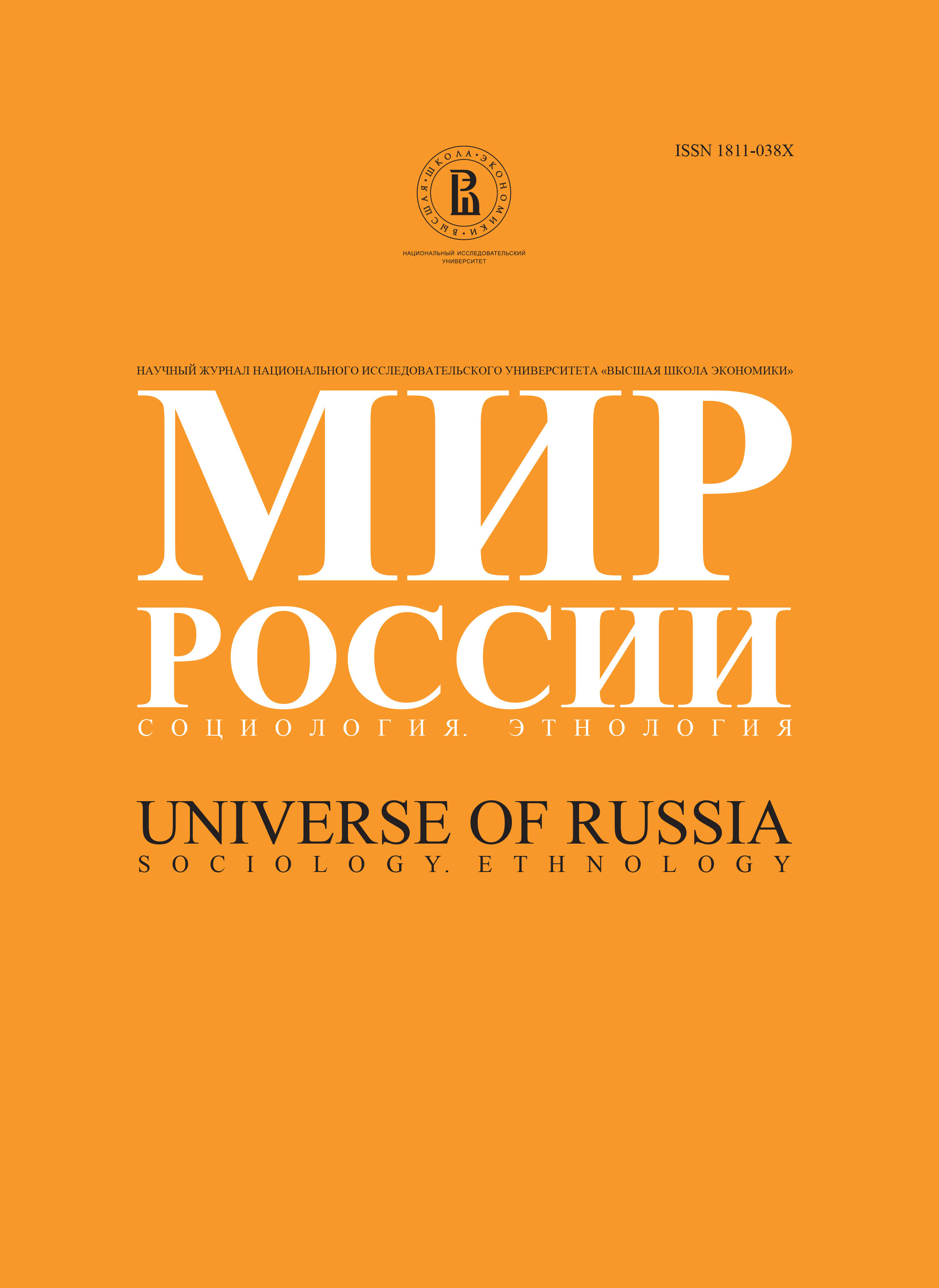Soviet Socialism - Unexplored (Attempt of Theoretical Analysis)
Abstract
The text published is a part (journal variant) of the monograph «Russia — mystery solved», The monograph introduces a new socio-philosophical concept of the route covered by Russian civilization during 12 centuries of its existence. The published extract presents in abridged form the part of the monograph, in which the Soviet period of Russian history is analyzed. The author views the October Revolution of 1917 as a failed attempt of overcoming identity crisis the country had been facing since the end of the XIX-th century. The essence of the process which began in October consisted in transition to new identity, in the rejection of «the Russian idea» and transition to the communist idea and communist ideology. As a result Russia became a country split in time. Between Sovdepia and the outside world there was the iron curtain, between pre-October and after-October Russia there was a red foundation. Soviet Russia and then the USSR was a new state which rejected the former state structure (the duma monarchy turned into «the republic of workers and peasants»), the former name of the state and state symbols, deprived all the former owners of their property, abolished the legal system of historical Russia and its Christian morality. Social criticism of all the former strata, groups and classes, including the peasants and the working class, proved to be so radical that it was the organizers of this rejection — new officials, new bureaucracy, i.e. the Soviet party and state nomenclature, who became real and unrestricted masters of the new state. Having thrown away the Russian idea (Orthodox religion, collection of lands, communal collectivism) which was in the zone of crisis and needed reforming, the new authority put forward a new system of guidelines — the communist idea. This system of norms in itself is a set of highly positive social values — social justice, withering away of the state, free development of each individual as a requirement for the free development of all, proletarian solidarity and so on. However, it is impossible to speak about social justice and absence of exploitation in the USSR; the latter, as the economic research shows, not only existed, its level was considerably higher than in the western countries. That is why alongside with the declaration of the communist idea, all-embracing communist ideology was introduced and its real meaning was never really revealed. In actual fact it was new meta censorship, the ruling power established a many-level all-embracing control over all the information circulating in the society. Formally the goal of this control was to support the myth about the construction of socialism, but in reality it was a method of making the power of nomenclature legitimate. However, manipulation of the information only proved not to be sufficient; there constantly appeared citizens who did not accept or denied the myth about the construction of communism. That is why from the very start ideology was formed in two aspects — as influence on the information and influence on the citizens themselves (by means of GULAG), if information control was not enough.






